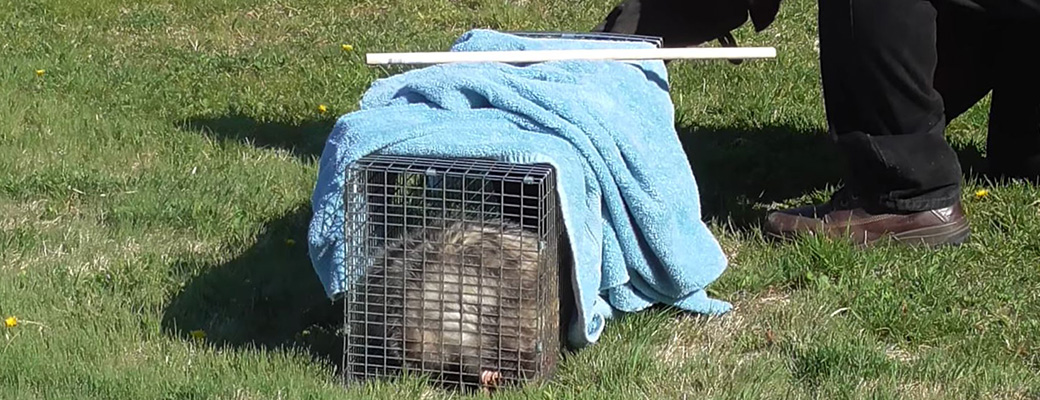Where Should I Relocate a Trapped Wild Boston Animal?
It is important to know because the relocation process may be harmful to Boston animal survival. It may find it difficult to obtain food or shelter to survive. Therefore, it is a matter of serious concern. If you are looking for a relocation site, keep this point in focus.

Important considerations
-Wildlife biologists do not recommend live-trapping and releasing of Massachusetts animals, because relocated animals may also be affected severely in a new area.
-If the area is already occupied by large populations of native species, it will result in a territorial dispute. The place may be the territory of other animals that may attack it. Moreover, they do not know escape sites and their potential predators.
-There the weather conditions must not be severe.
-Nursing mother if relocated will certainly result in the death of her offspring. Nursing animals have enlarged teats and you can also consult with wildlife specialist for this purpose. Don't relocate or wait for some time, because after nesting season, they usually leave the place.
-Many states have regulations for trapping, and relocating the particular species, go for the permit and ask for releasing or relocating procedures.
-Wildlife intrusion problems and other potential issues for Boston wildlife must also be considered.
-Onsite release maintains environmental balance such as predators- prey balance, and diseases control.
Relocation issues
-A study was performed in 2004; live-trapped grey Massachusetts squirrels were relocated in forest areas from urban sites. The results demonstrated that 97 % of the squirrels died and completely disappeared due to numerous issues.
-Natural areas with heavy greenery are supposed good places. However, relocating may not be a durable solution; the animal may come back due to unfavorable circumstances in the new place. There are different methods and techniques that will annoy the animals for reaching again to your place.
-Some animals are easy to relocate as compared to others. For instance, opossum does not live in a fix habitat and is easy to relocate it as compared to the squirrel.
-Relocation is not a good idea. Research also shows that 75% of Boston animals died after relocation in a new place due to stress, aggression, and attacks from the resident animals. It is illegal in many states.
Visit our Boston wildlife control home page to learn more about us.

